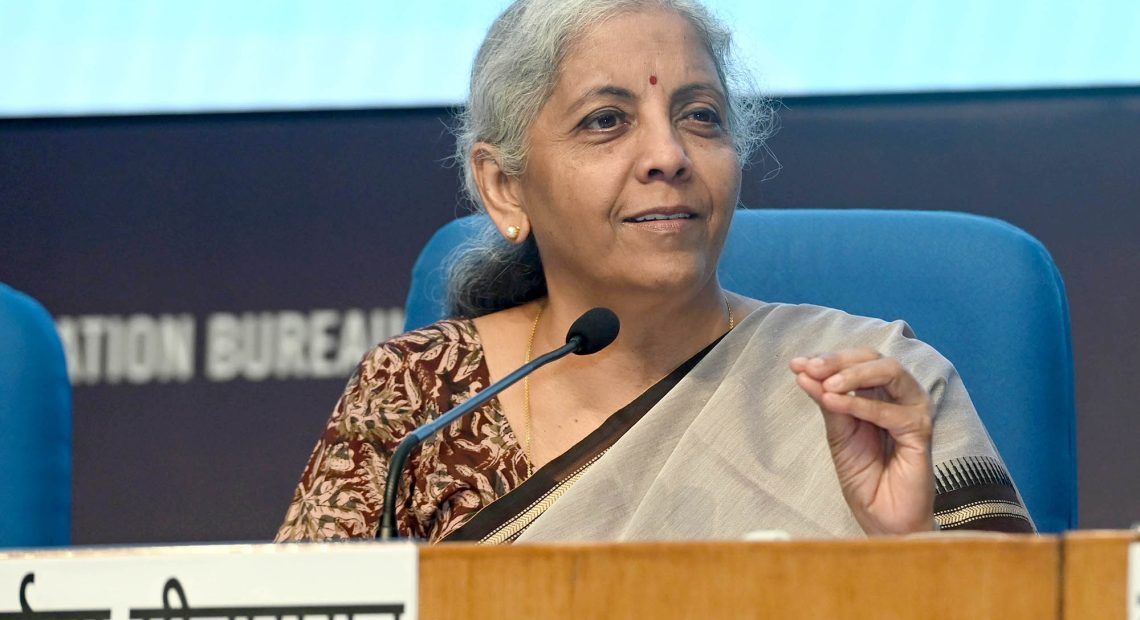
India Urges Multilateral Support for Climate Finance
Finance Minister Nirmala Sitharaman has strongly advocated for enhanced international climate finance, urging multilateral institutions to step up their efforts in supporting developing nations transitioning to greener economies. Speaking at a recent forum, Sitharaman pointed out that countries face serious financial constraints in meeting climate goals due to insufficient global support.
“Today, with many countries having understood the cost of moving from fossil fuels to renewable energy, they are asking themselves this question—whether it is possible for them,” she said, highlighting the practical dilemmas faced by many economies.
Sitharaman acknowledged that while some nations tried to switch to transitional fuels like natural gas, the journey from fossil to renewable energy remains expensive and complex. The lack of accessible financing forces countries to depend heavily on their limited domestic resources, making the transition even more difficult.
Multilateral Institutions Must Do More
The Finance Minister emphasized the crucial role of multilateral development banks (MDBs) in closing the climate finance gap. She called on these institutions to undergo reforms that would allow them to offer more concessional financing to middle- and low-income nations. This includes capital expansion, better debt management strategies, and ensuring that lending limits do not hinder the development priorities of countries in the Global South.
“Countries are willing, they want to make the transition, but they are asking how they can afford to do so,” she remarked, underlining the funding shortfall developing nations face.
Sitharaman has used international platforms including G20, ADB meetings, and IMF discussions to stress that MDBs must also support food security and inclusive growth while helping tackle climate change. India has proposed that these banks expand their risk appetite and innovate in financing mechanisms to ensure broader participation from emerging economies.
Sitharaman Targets Unilateral Carbon Measures
Alongside calls for inclusive multilateral support, the Finance Minister also raised concerns about the impact of unilateral measures like the European Union’s Carbon Border Adjustment Mechanism (CBAM). She warned that such steps could disproportionately burden developing nations by making their exports less competitive, thereby complicating their decarbonization efforts.
Sitharaman reiterated India’s stand that climate justice must form the core of all international policies and that nations should not be penalized for their historical energy choices. She stressed that India remains committed to its climate obligations but requires fair, predictable, and adequate financial assistance to meet its goals.
India’s call for reform of the global climate finance architecture signals a renewed push for equitable growth, with the country positioning itself as a voice for developing economies striving to meet their environmental commitments without compromising their developmental needs.


















